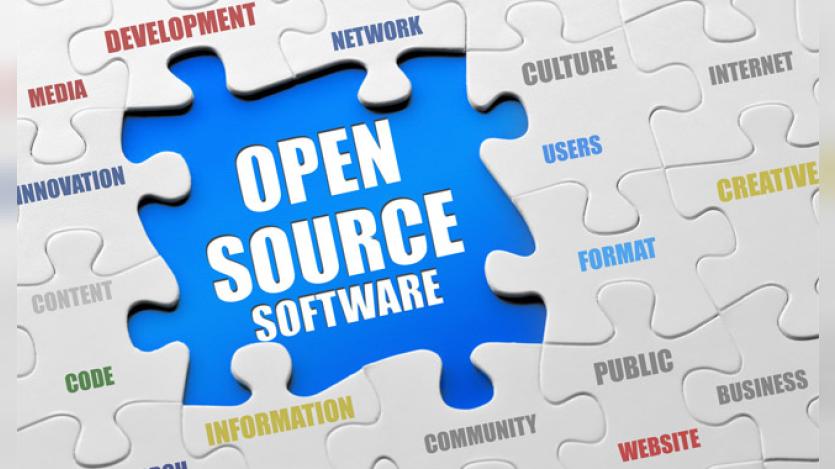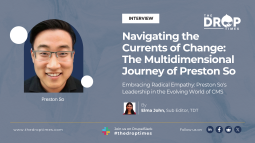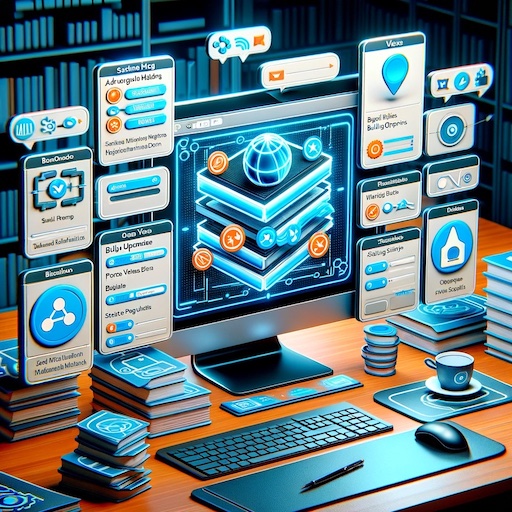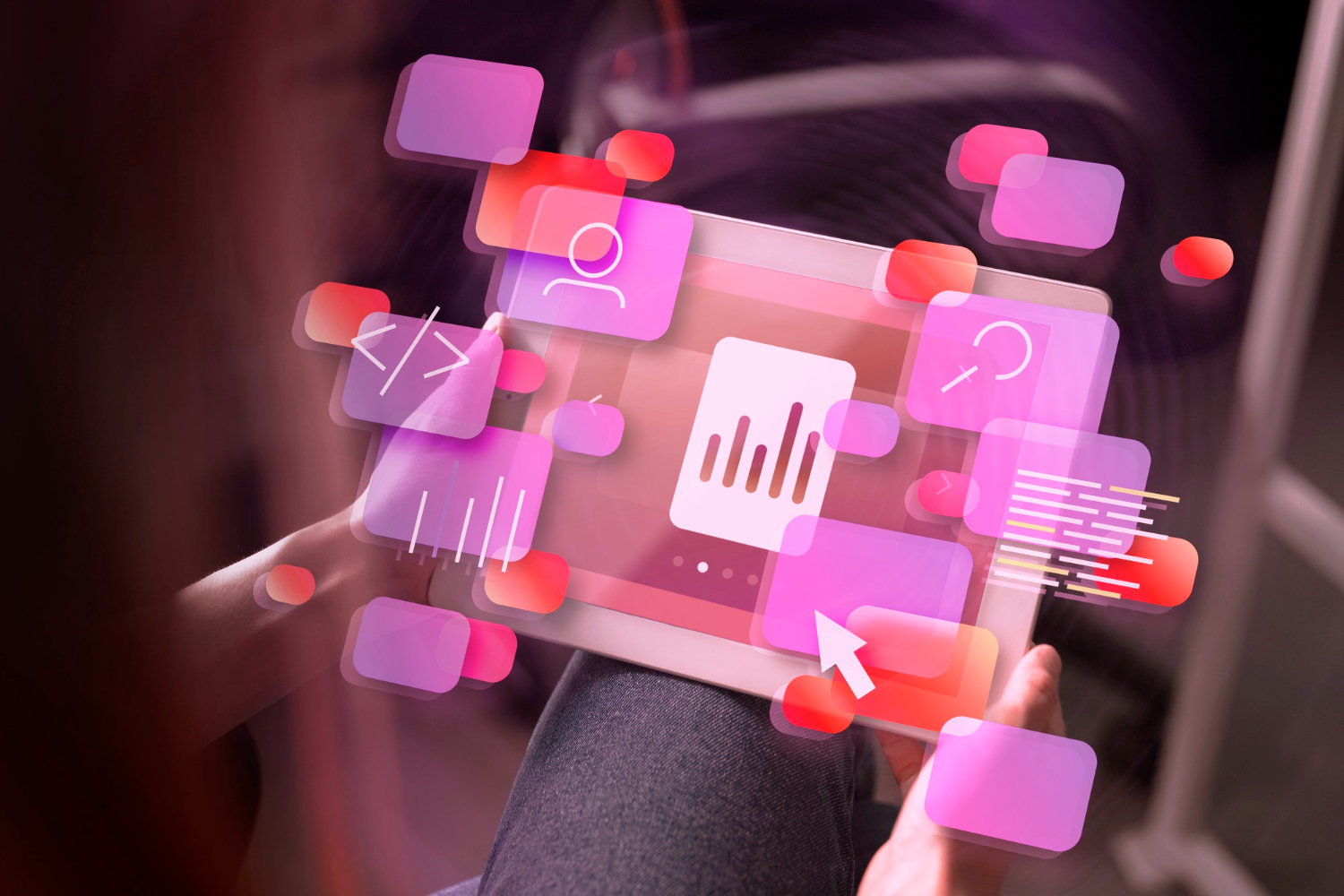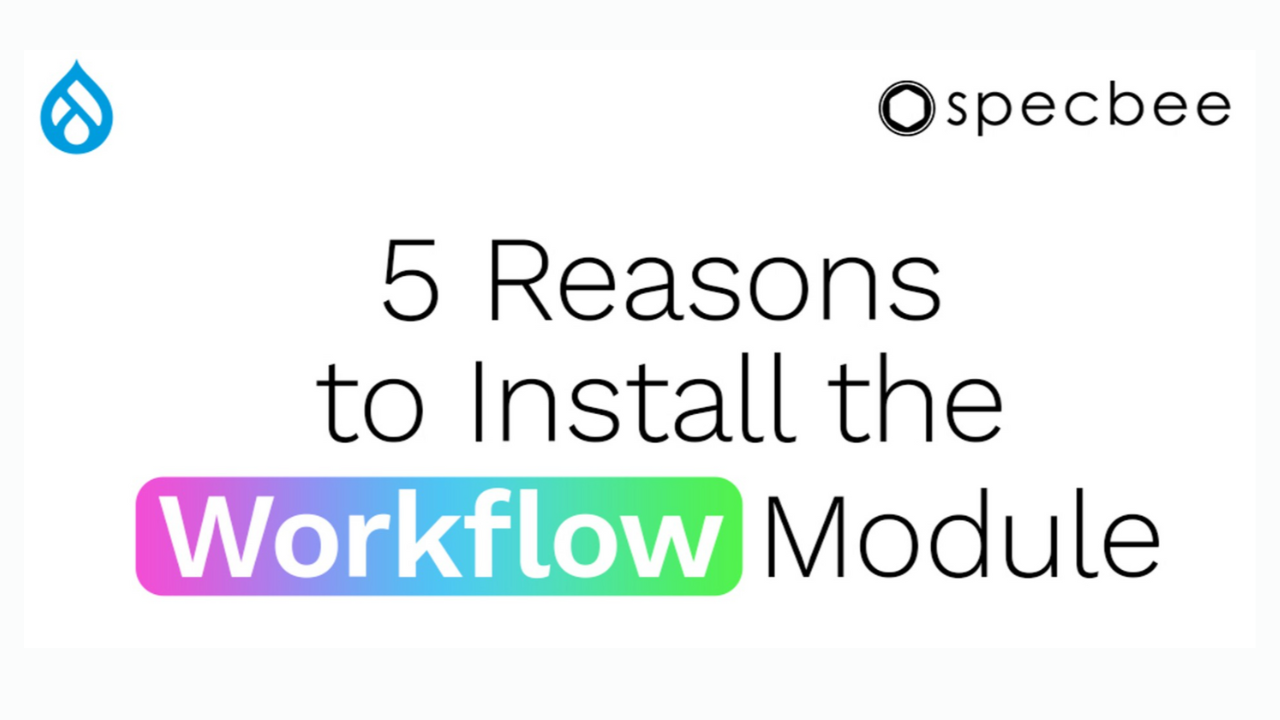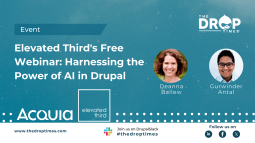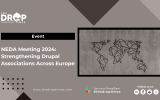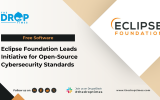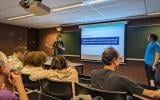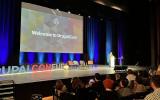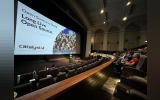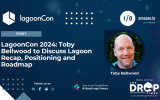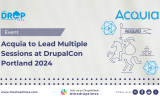Open Source as a Humanitarian Opportunity
Mathias Bolt-Lesniak began his presentation on The Big Impact of Open Source with these words:
“We’re going to talk about some of the things that we never talk about in other talks. Stuff like me and you and nature and gingerbread.”
Though it was meant to be an ironic or quirky way to begin the talk, it is truly what Mathias Bolt-Lesniak went on to address.
Through a series of vague metaphors and analogies, Bolt-Lesniak attempted to paint a picture of why open source is ethically and conceptually important to the betterment of society. The presentation’s key themes were community and freedom.
Open source is a product that depends on its community to exist, and without collaboration between users, its true value is unable to shine. The beauty of open source arises when one person improves the software and gives that back to the community with no expectation of anything in return.
“This is a sort of unconditional love,”
says Bolt-Lesniak.
“By giving something away, you might get something that is bigger back. But you don’t do it just to get something back. You do it for the sake of giving because it helps other people. And that love—it takes more than one person, and it takes a conscious effort.”
In the process of joining together to contribute on a single project, Bolt-Lesniak sees a reflection of democracy itself.
“Democracy isn’t just going and voting. Democracy is understanding that different people have different needs and trying to accommodate for that… it only works if you understand this interdependence. If you only vote for what’s good for you, there’s going to be people who don’t have it so good. You have to vote for what’s good for as many people as possible.”
Of course, these are good values and ideals in theory. But how do you get a person or a business to care? To change how they are spending money, time, and effort in the pursuit of helping the greater public good? If you were speaking to a business who cared only about their business, not about morality and societal ethics, how would you convince them to join open source?
Bolt-Lesniak, a self-described “open-source evangelist and motivator” breezed past this question and continued to explain the values of open-source.
“We are representing civil society. Very often [civil society] as a concept is connected to democracy building and peaceful coexistence. We are communities, we have to collaborate. That is something that teaches us, as humans, how to be better together—being better together is something that we have to be in order to be good citizens.”
Certainly, there is a way to achieve the double-bottom line of profitability and the betterment of society, but until you can present the specific details of how making this change is possible, the big conceptual impacts may simply remain concepts.
Bolt-Lesniak did, however, touch on major issues affecting society, even if he didn’t draw a direct and concrete line to them. ‘What are the dangers in choosing proprietary?’, I asked.
In the use of proprietary software, he said,
“you might feel free, but you’re actually giving away your freedom. You might trust the vendor that their code is alright, but it’s a blind trust. It’s not speaking to your freedom or your ability to choose.”
Ownership and the use of private data is a hot topic in the global conversation. The privacy that we sacrifice in the use of proprietary social media apps is a significant humanitarian issue. However, the free libre open-source software community must be prepared to explain to the wider world of users exactly how open source can benefit them, and why they are at a loss without it.
Watch the session video below:
Note: The vision of this web portal is to help promote news and stories around the Drupal community and promote and celebrate the people and organizations in the community. We strive to create and distribute our content based on these content policy. If you see any omission/variation on this please let us know in the comments below and we will try to address the issue as best we can.



